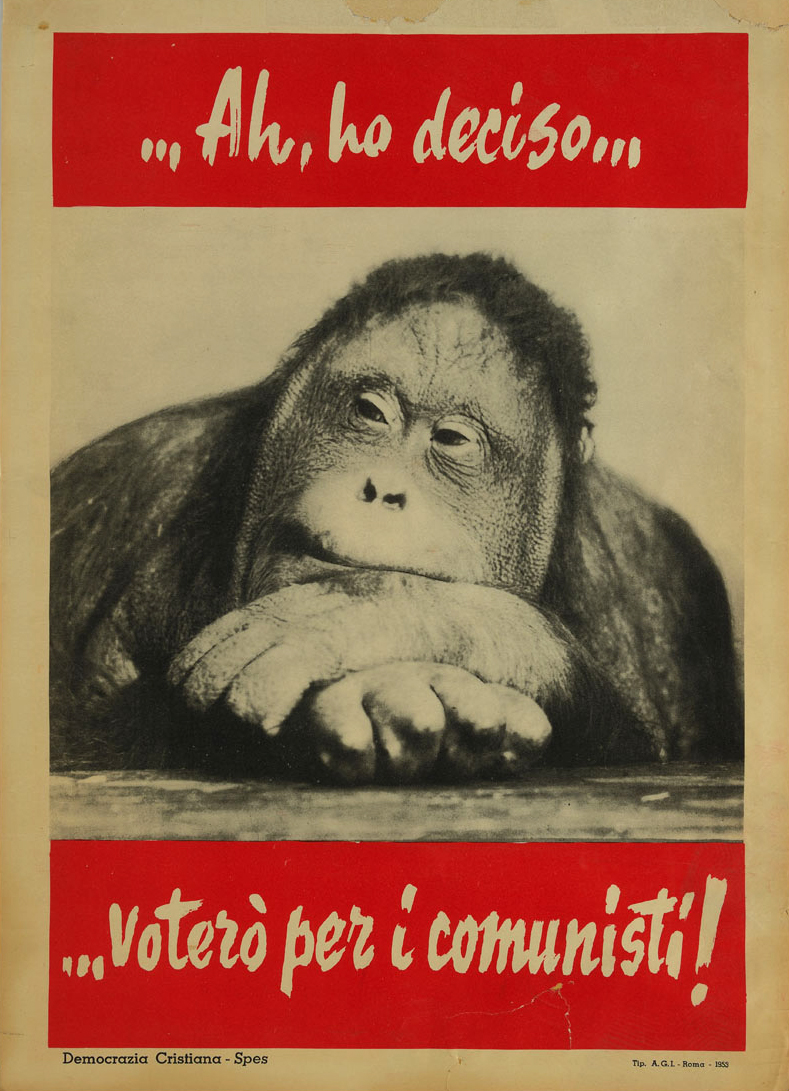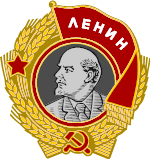

Communists and Anarchists are most certainly not the same. I’m not really sure how anyone can entertain this idea if they have actually spent times in active anarchist and Marxist circles, let alone engaged in militant activity with either where both the need for cooperation and the apparent inevitability of conflict and tension become obvious, and make obvious in turn that these difficulties do not just boil down interpersonal issues or grievances but are political in nature. There are profound conceptual, theoretical, ideological, practical and organization differences, as well as sociological.
It’s all well and good to say that they are ‘fundamentally the same’ (what does ‘fundamentally/essentially the same’ even mean here? It seems vague, ambiguous, or if you are choosing as the criterion for that that we want the same form of society at the end of the day, this amounts actually only to a very weak form of agreement in all honestly. It’s like saying that Communists are the same as Reformists Socialists because the latter also want (sometimes genuinely) a form of socialist economy and are genuinely deluded as to the means to get there (i.e. reformism). The difference is in terms of political method, and the distinction is one of revolution vs reformism. Sure, Communists share a belief in the need for revolution to get there with anarchists, but they have different different concepts, theories, practices, conceptions of organization and politics, which implies deep theoretical and practical-organizational differences.
Furthermore, Communism in this sense remains an ideal (which is fine), towards which we agree on the most general and abstract features and agree further that this is the ideal form of society which we would like, indeed must for the sake of the human species, move towards. The anarchist conception of revolution is very different from the communist conception, and what comes during the revolution, how we get there, what is necessary, how we should actually do all the actual work of organizing the working class (which marxists recognize as necessary but which anarchists have either been unwilling to do the work needed to accomplish or who they neglect as many now see focus of parties on class-based organization to be a form of class-reductionism), disagree on the fundamental questions of revolution, the state, parties, legislation, prisons, and so on.
There are also Christian Communists (non-Marxist) would also want a stateless, classless, moneyless society. I commend them for that, and they are definitely potential allies, but that doesn’t mean they are going to be reliable political allies in the long-term, nor does it imply that their views are fundamentally the same as mine. The fact that they are not going to be ready to do the things necessary to actually construct socialism, let alone communism, means that realistic political unity with them is limited at best. The same goes for anarchism in the minds of Marxists, most obviously MLs.
The period of transition from capitalism to communism will likely take hundreds of years. Socialism is a centuries-long project which we have only just begun. Calling the immense, profound differences of opinion between Communists and anarchists over this historical process towards Communism something which does not amount to a fundamental difference seems not only confused, but positively idealistic to me.
Saying that the difference lies simply in the means to get there is ignoring the fact that this is a massive difference with direct implications for the feasibility of long-term, substantial, deep political cooperation. It also reflects that the routes through which Marxists and Anarchists get to the conclusion of the need for revolution for the sake of a classless, stateless, moneyless society are very different.
Just to give a revealing sense of the depth of this divide: There are people in this thread who have cited Murray Bookchin, who towards the end of his life not only explicitly stated that he would rather side with liberal governments against Communists because the former believed in ‘personal freedom’, but then later when on to repudiate anarchism right at the end of his life, calling modern anarchists a form of lifestyle movement with no real political potential, and it’s worthwhile to note that he came to this conclusion during the 90s and 2000s, i.e. when Marxism and Communism were at their lowest ebb and the international leftist movements in the West were being dominated by anarchist and post-left lifestyle movementism, calling for distributed (non-existent) networks of supposedly distributed organization based on ridiculously minute identitarian difference (i.e. identity politics). The period since the 90s have done nothing but refute the idea that the predominance of anarchists on the western left would revitalize the prospects for revolution there. The opposite is the case. The potential for revolution has correlated inversely with anarchist predominance. Frankly this doesn’t surprise me, as the anarchist circles I’ve encountered have almost always been far more bourgeois, less proletarian, than Marxist circles (especially if we are talking about militant circles), though I admit that this is anecdotal.











If you think this doesn’t exist then you haven’t spent enough time differentiating Marxism from liberal identity politics.